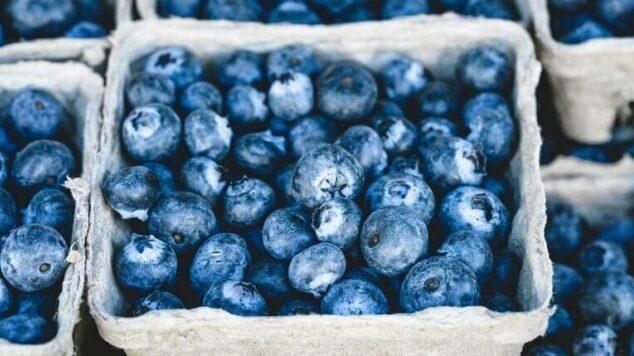 If you are a senior managing high blood pressure, or hypertension, you’re not alone. Not only are millions of seniors already battling high blood pressure, but at the end of 2017, the American Heart Association and American College of Cardiologists released new clinical guidelines which lowered the threshold for what is considered high blood pressure.
If you are a senior managing high blood pressure, or hypertension, you’re not alone. Not only are millions of seniors already battling high blood pressure, but at the end of 2017, the American Heart Association and American College of Cardiologists released new clinical guidelines which lowered the threshold for what is considered high blood pressure.
In addition to lifestyle habits like poor diet, inactivity, and smoking, more non-controllable factors like age, race, and gender can contribute to high blood pressure, as well. For many seniors, a common question is “why does blood pressure increase with age?”.
Framingham Heart Study
A good place to start is the Framingham Heart Study. Originally set up in 1948 under direction from the National Heart, Lung and Blood Institute (NHLBI), this study set out to uncover the common contributing factors to cardiovascular disease. Following thousands of adults between the ages of 30 and 62 who had no previously known heart disease symptoms or episodes, the study discovered that everything from smoking cigarettes to obesity, high blood pressure, certain genetic markers, and inactivity all contribute to heart disease.
Age-related scientific milestones associated with high blood pressure research specifically include findings like:
- Over 50% of all people 60 to 69 years of age develop hypertension
- An estimated 75% of adults over 70 develop hypertension
- Lifetime risk of developing hypertension if you live to 80 - 85 is 90% for even non-hypertensive adults between 55 and 65 years of age
Reasons Blood Pressure Increases with Age
So why exactly does the incidence rate of high blood pressure increase with advancing age? Researchers have been able to pinpoint a handful of key culprits:
The structure of your arteries and blood vessels changes with age. Arterial stiffness, plaque build-up, and blood vessel wear and tear over time can limit blood flow and require the heart to increase the pressure at which it pumps blood to compensate.
Age-related changes in how well the arteries constrict and dilate to facilitate blood circulation can increase what is known as peripheral vascular resistance, posing a greater challenge to the circulatory system as it tries to maintain normal blood flow.
The kidneys are most notably affected by aging, decreasing in size, weight, volume, and ability to filter waste and toxins from the blood. This affects normal functioning and can contribute a change in the way a specific hormone system known as renin–angiotensin–aldosterone system (RAAS) detects and addresses blood pressure changes.
Older adults are more likely to have an increased response to sympathetic nervous system stimuli. Your sympathetic nervous system is best known as your “fight or flight” or stress response and is responsible for releasing hormones that help your body cope (via things like increases in blood pressure, heart rate, and pupil dilation).
Age-related lifestyle factors like simply being less active as you get older, higher rates of chronic illness, and the type of diet you eat also affect the strength and integrity of your heart muscle as well as how your body retains fluids and metabolizes sodium.
So what can you do to reduce ?
It used to be thought that an increase in blood pressure was simply an inevitable part of aging, however, many researchers agree that is not necessarily the case. In fact, scientists have found that it’s largely seniors in industrialized societies that experience these trends in increasing blood pressure so it is evident that older adults can take an active role in preventing hypertension.
Check if your blood pressure is in the normal range by self-monitoring with a digital blood pressure device you use daily. Follow the instructions which come with your device as to how and when to take your blood pressure and keep daily readings, so you can share with your doctor and establish a foundational understanding of your baseline levels.
Staying active through physical fitness plays an important role in simply helping your body maintain a healthy blood pressure and stave off chronic diseases like stroke, diabetes, and heart failure. Low-impact exercises like swimming, cycling, dancing, yoga, tai chi, and hiking are great for older adults, helping to strengthen the heart, muscles, and bones without overstressing joints.
And finally, modifying your diet to include more heart-healthy foods like whole grains, fresh fruits and vegetables, healthy fats, Omega-3s, nuts, seeds, and lean proteins can go a long way in fortifying your system to best support your heart and internal organs as you age.


Comments